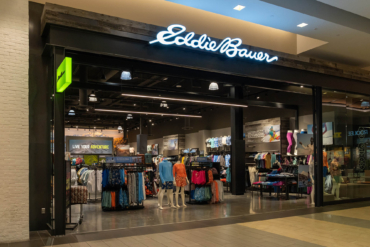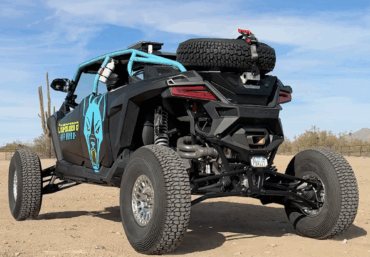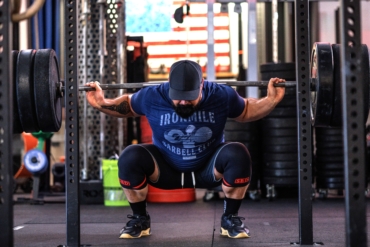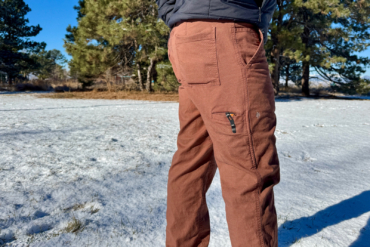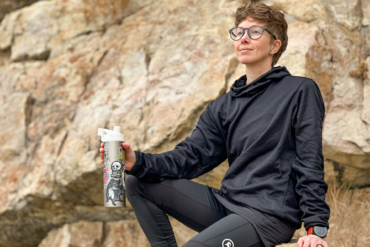When someone says ‘Made In USA,’ that phrase can mean any number of things. We talked to one brand delivering in full on its domestic pledge.

For North Carolina-based sock brand Farm to Feet, the domestic callout references a holistic system starting with the sheep, raw materials, and yarn, then to mill towns, U.S. designers and testers, and, finally, to packaging and the store.
We dug in to the company’s history and current processes to pull out a few pertinent facts.
True ‘All American’ Sock
From the raw materials, including merino wool culled from U.S. ranches, to yarn made in North Carolina, to nearby sock-knitting machines, and even a domestic producer of the paperboard and inks used for packaging, every single Farm to Feet sock touts a comprehensive supply chain based entirely in the USA.

In the flesh, this is what an American sock looks like (below). The Damascus Elite Hiker is one of the company’s premium offerings, including fine 19.5-micron yarn, 200-needle construction, compression and cushioning features, reinforcement for durability, and a requisite seamless toe.

Wool, nylon, spandex, and other materials that go into the socks are produced in America.
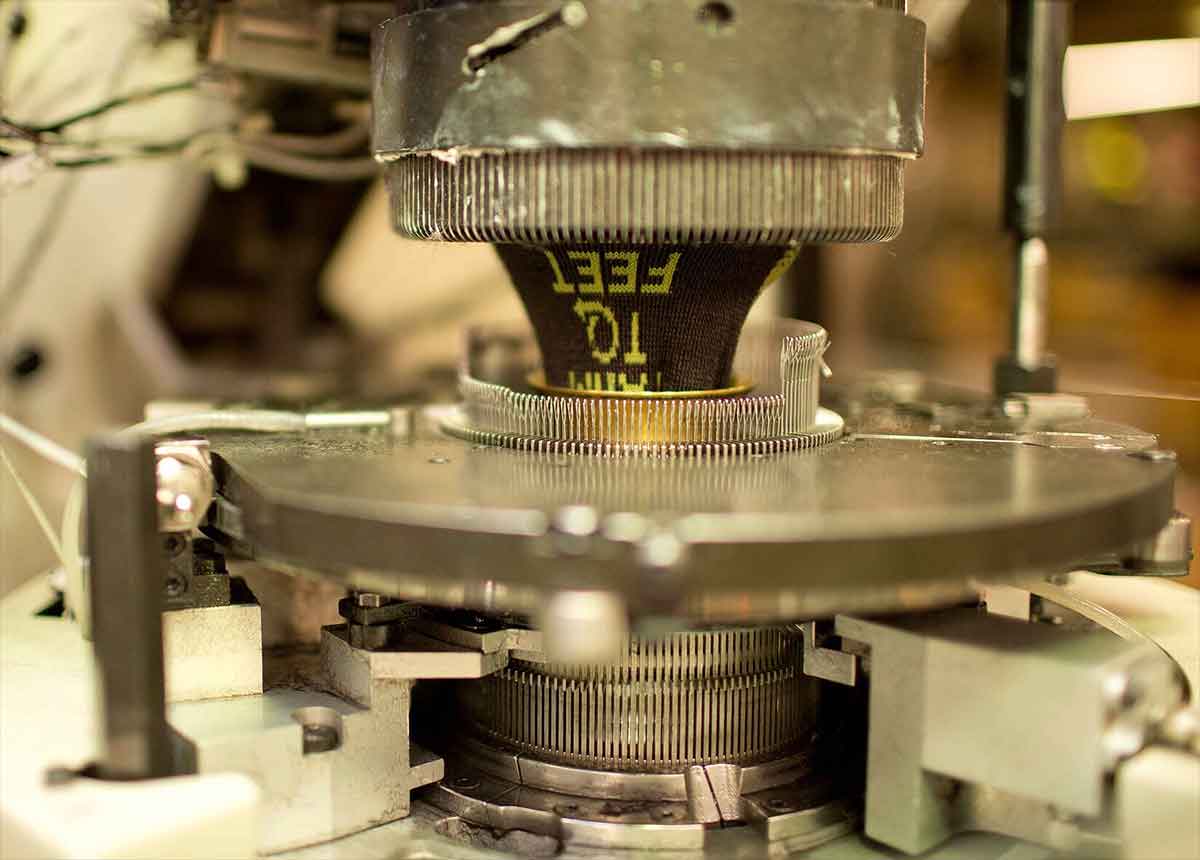
American-Based Materials
The fine wool used in numerous Farm to Feet socks comes from U.S.-grown merino ranches, all sourced from American Sheep Industry ranchers like Robert’s Ranch in Wyoming.
Fun side fact: The American Sheep Industry is a federation of 45 state sheep associations representing over 82,000 sheep producers throughout the U.S.
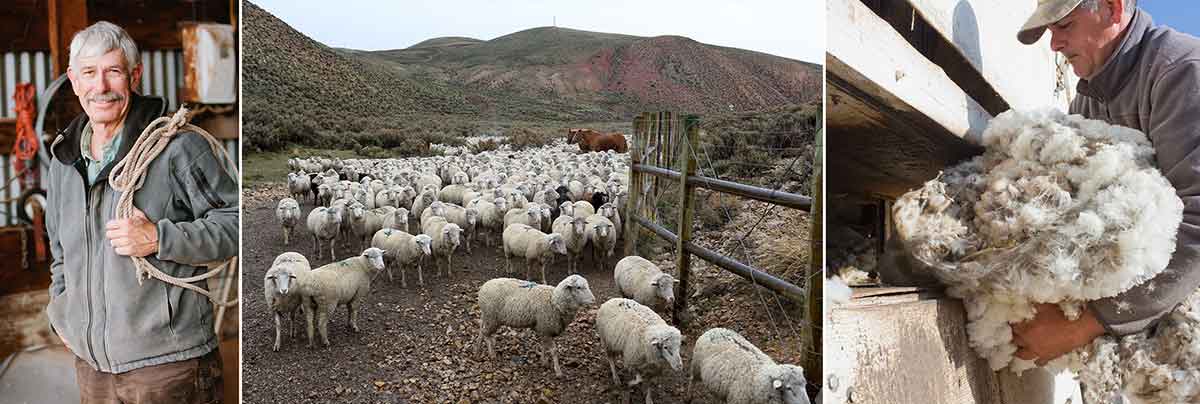
Beyond wool, the socks use U.S.-sourced synthetic fibers. The facilities where these raw materials are made have an interesting history, including a connection to parachutes, ropes, and Civil War uniforms:
For example, a callout Farm to Feet sock, the Cedar Falls model, has links to a history stretching back more than 150 years. Sapona Mills, one of the oldest textile manufacturers in the country, is based in Cedar Falls, N.C., the sock’s namesake.
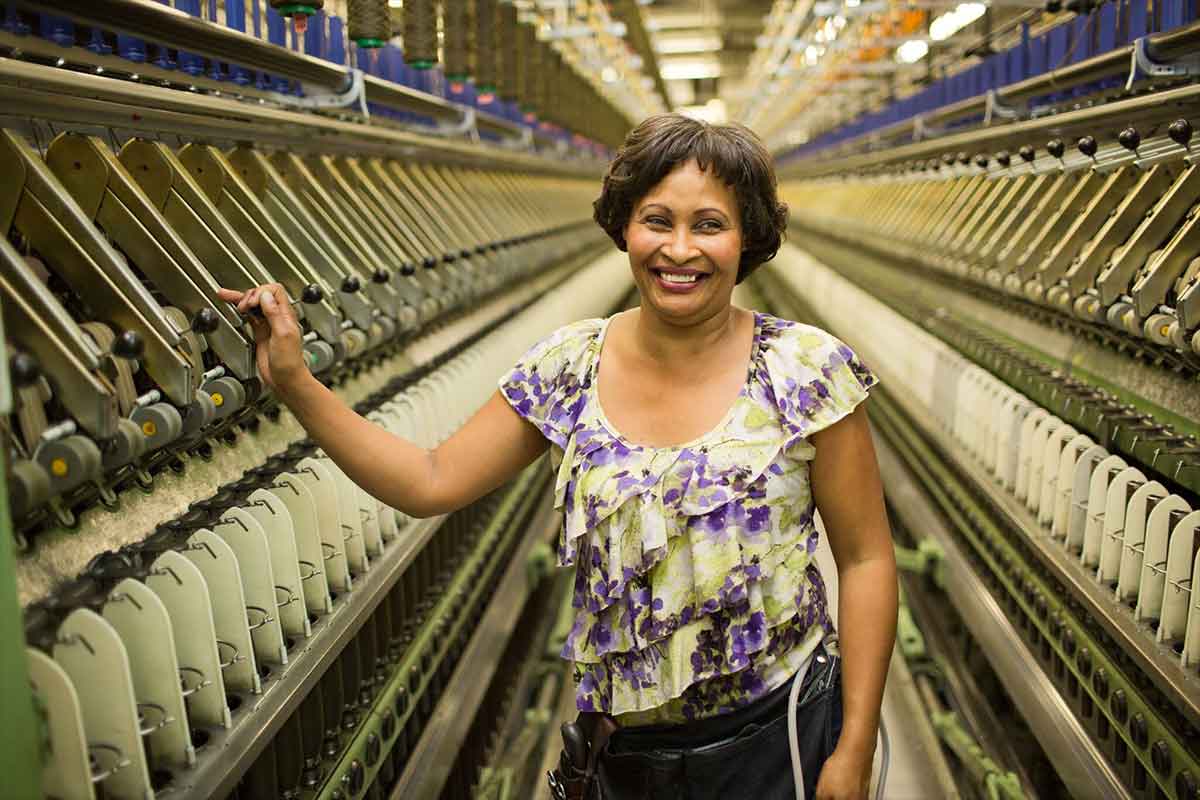
The mill makes yarn for the over-the-calf sock, and previously (we’re talking decades, even a century ago) the same mill area was a hub for textile manufacturing, including producing cotton for Civil War uniforms, women’s hosiery, and World War II parachutes and ropes.
Today, Sapona Mills employs 270 people to make yarn for Farm to Feet socks, hosiery, apparel, and even dental floss and medical garments. Sapona ships about 425,000 pounds of yarn each week.
Nylon and Spandex, the most common synthetic ingredients, are produced in the U.S. and become Farm to Feet materials. The tough nylon and stretchy Spandex are sourced from the domestic facilities before the yarn is used in the company’s line of socks.
Points On The Map
With the 100% U.S. manufacturing pledge, Farm to Feet shows its consumers where all of its socks and materials come from.
Some of the geographies include Jamestown, S.C., for wool processing; Raeford, N.C., for its yarn-spinning plant; Mt. Airy, N.C., for a knitting facility; and Greensboro, N.C., for collateral and point-of-sale displays. All of these sites are within 60 – 270 miles of Farm to Feet’s headquarters.
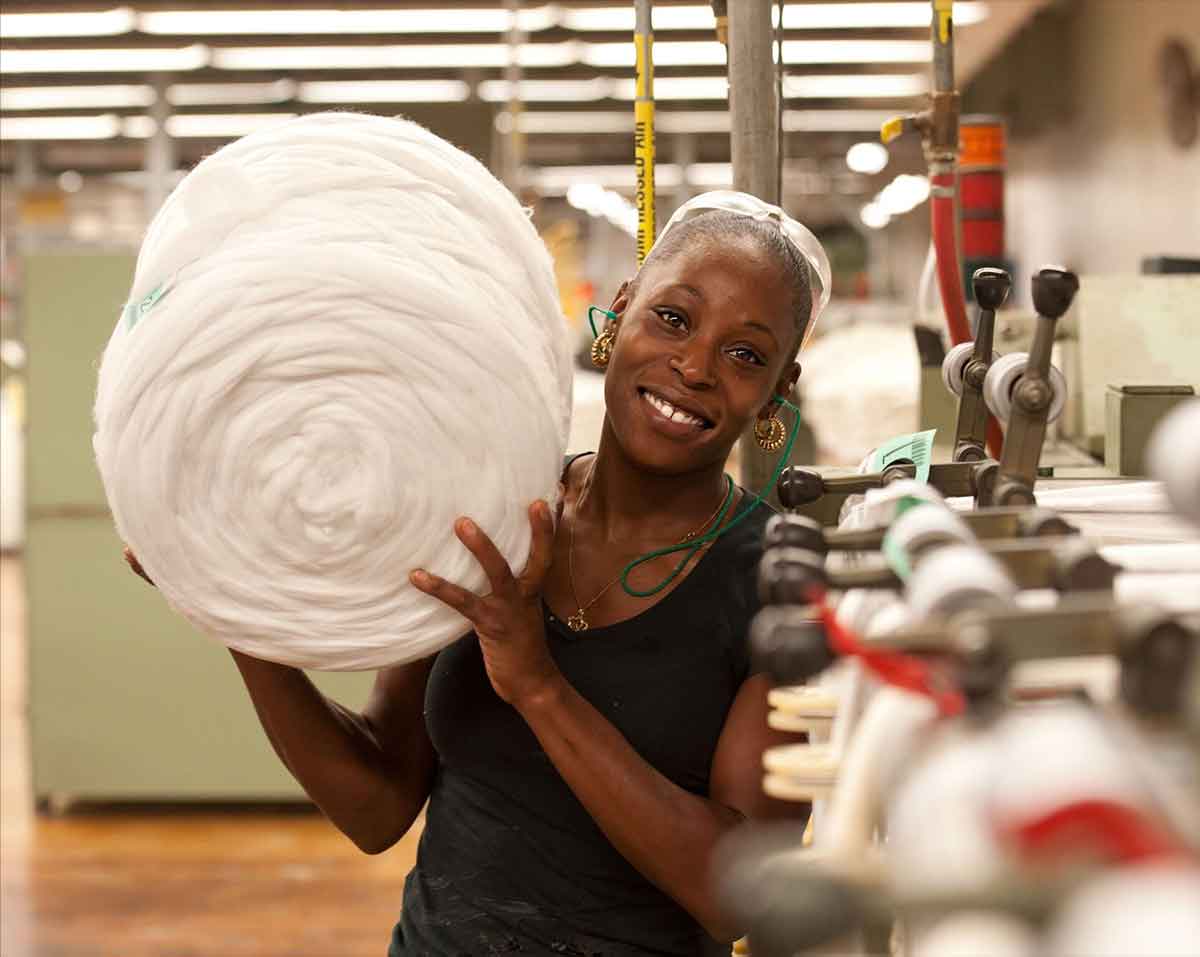
In the end, what does a “comprehensive U.S. supply chain” really mean? Farm to Feet explains: “To produce a 100% American made product requires the strength and pride of U.S. manufacturers. Farm to Feet socks are made with 100% American Ingredients produced, processed, and knitted by U.S. workers in U.S. companies.”
Beyond the manufacturing side, the company supports U.S. events. Last weekend, Farm to Feet was the title sponsor of the 30th annual Trail Days in Damascus, Va., for which its new Damascus Elite Hiker is named (see info on the Trail Days festival here).
There, the brand gave free Damascus socks to all Appalachian Trail thru-hikers that showed up over the festival weekend. The sock “is a go-to for serious section- and through-hikers,” the company touts, with targeted, dense padding to provide blister protection during big-mile trips.
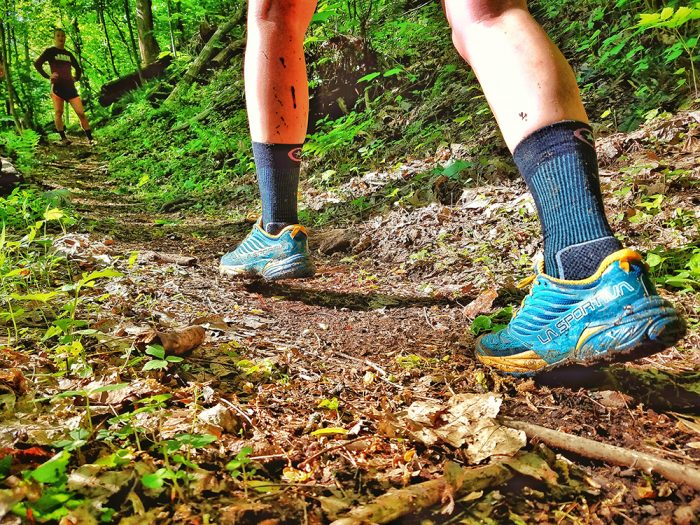
The Damascus sock is one example. But each Farm to Feet sock is named after a significant town, and each has prominent personalities on the packaging, linking the socks to the people testing and wearing them in the outdoors.
–This post was sponsored by Farm to Feet. See the brand’s full lineup here, and learn more about its Made in the USA ethos.
